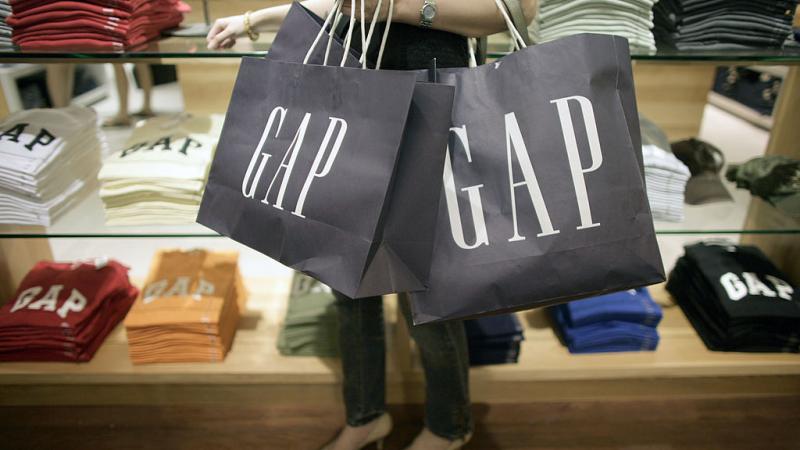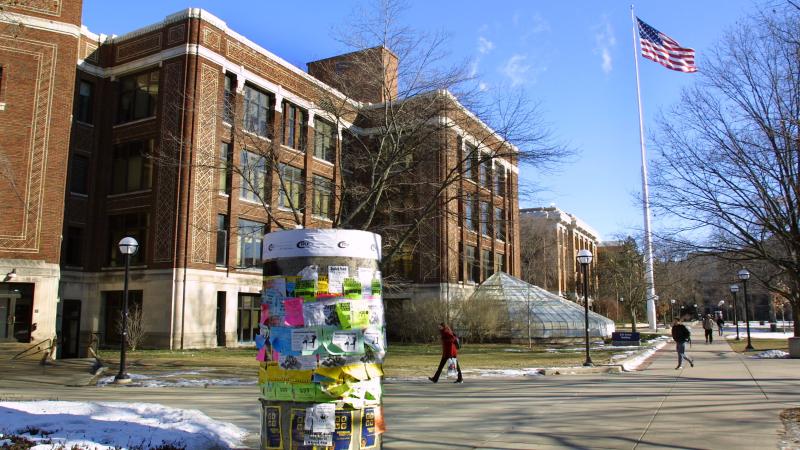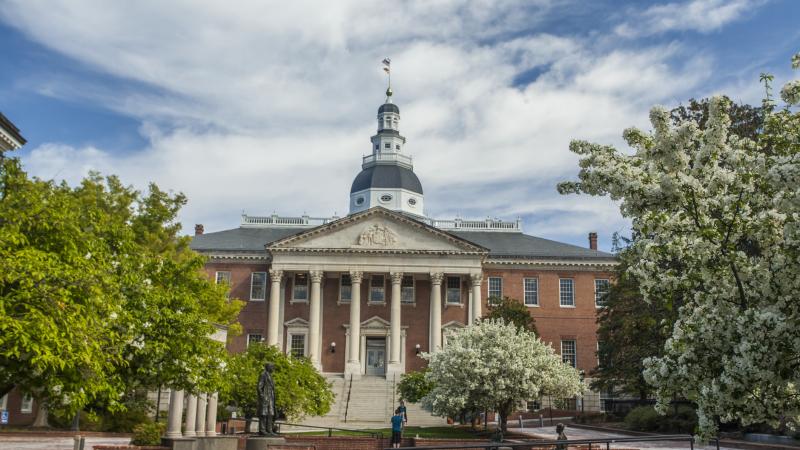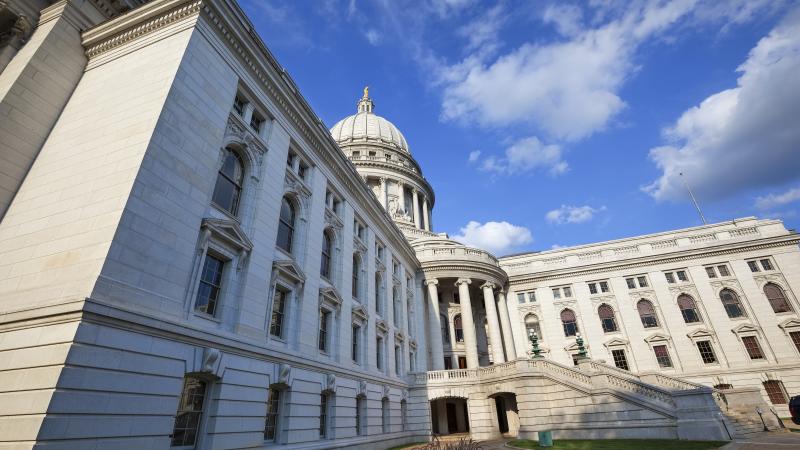El Salvador's Bukele was forerunner in trend to help nations prosper with Bitcoin. Has it paid off?
Bitcoin got a major boost when President Trump was reelected in 2024 and said days later that he intends to nominate cryptocurrency advocate Paul Atkins to be the next chair of the Securities and Exchange Commission.
Fifteen years ago almost nobody had heard of Bitcoin. Now it’s a frequent topic of global debate – nowhere more than in the tiny Central American nation of El Salvador: the first country in the world to adopt Bitcoin as legal tender.
President Nayib Bukele made the announcement in 2021. He promised his country that Bitcoin would provide a path to economic independence, while attracting foreign investment and tourism.
A key challenge: How to get the people back home – where 70% don’t even use a ban – to adopt an e-currency few fully understand.
The answer rested with Stacey Herbert and Max Keiser, a transplanted American couple Bukele hired to lead El Salvador’s Bitcoin push. They’d promoted Bitcoin as the smart bet since it was worth 30 cents in 2010. Now, one coin has soared as high as $122,000.
“El Salvador was pretty much a failed state before President Bukele took office in 2019. The currency had failed, the colon, and since 2001, the U.S. dollar has been a national currency here,” Herbert told "Full Measure with Sharyl Attkisson” when we visited El Salvador’s National Bitcoin Office headquarters. “So into this mix comes President Bukele. And he promised the people that El Salvador is going to the place we want to be, where El Salvador wants to be. We don't want to be a failed state. We want to be a great country. And that's where we're headed in El Salvador.”
An early PR strategy focused on this sun-drenched beach in El Salvador called El Zonte where surfers enjoy world-class waves and vendors post signs welcoming payment with Bitcoin. It became known as “Bitcoin Beach” as businesses embraced the currency.
Other countries are also flirting with Bitcoin. An effort to adopt Bitcoin in the Central African Republic failed – but its use is expanding in other African nations. The governments of Bhutan, the U.K., Ukraine, and Iran are holding billions in Bitcoin. A dozen other countries are eyeing crypto reserves. They include: Argentina, Brazil, Germany, Hong Kong, Japan, Poland, Russia, South Africa, Sweden, Switzerland and Venezuela.
Bitcoin got a major boost when President Trump was reelected in 2024 and said just days after his November win that he intends to nominate cryptocurrency advocate Paul Atkins to be the next chair of the Securities and Exchange Commission. Atkins was confirmed and sworn in to the post in April.
But for all the hype, there are many critics in El Salvador. They say the country’s Bitcoin experiment has fizzled out. It’s also drawn pushback from the International Monetary Fund or IMF. The global financial aid group held back crucial loans after the country adopted Bitcoin, calling it risky. Some saw the move as the IMF favoring traditional banking over the novel currency.
In February, the IMF and El Salvador struck a $1.4 billion bailout deal, but only after El Salvador agreed to the IMF’s demands to halt Bitcoin buys for more than three years and make other concessions to curb its crypto ambitions.
Herbert insists it’s full speed ahead for Bitcoin in El Salvador, regardless.
“I run the National Bitcoin office for President Bukele, and I can tell you for 100% that we have not backed off Bitcoin in any way,” she tells me. “We are expanding the Bitcoin office, we are expanding our education programs. We have the world's first strategic Bitcoin reserve. We're in the top seven countries in the world with Bitcoin holdings. This is from a country that was a failed state only five, six years ago. Like, that's how you can transform that fast with Bitcoin.”
Based on today’s value, it’s estimated El Salvador’s Bitcoin investment has nearly tripled in value.
For more on this story, watch "Full Measure with Sharyl Attkisson” this Sunday. Attkisson's most recent book is "Follow the $cience: How Big Pharma Misleads, Obscures, and Prevails."














